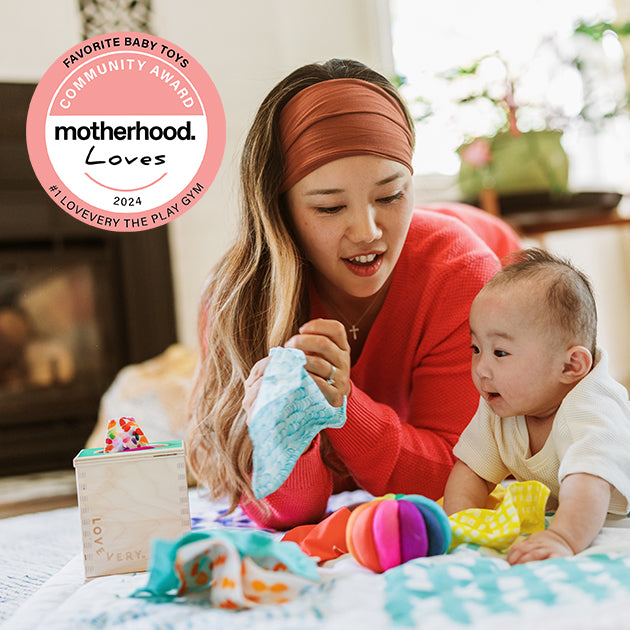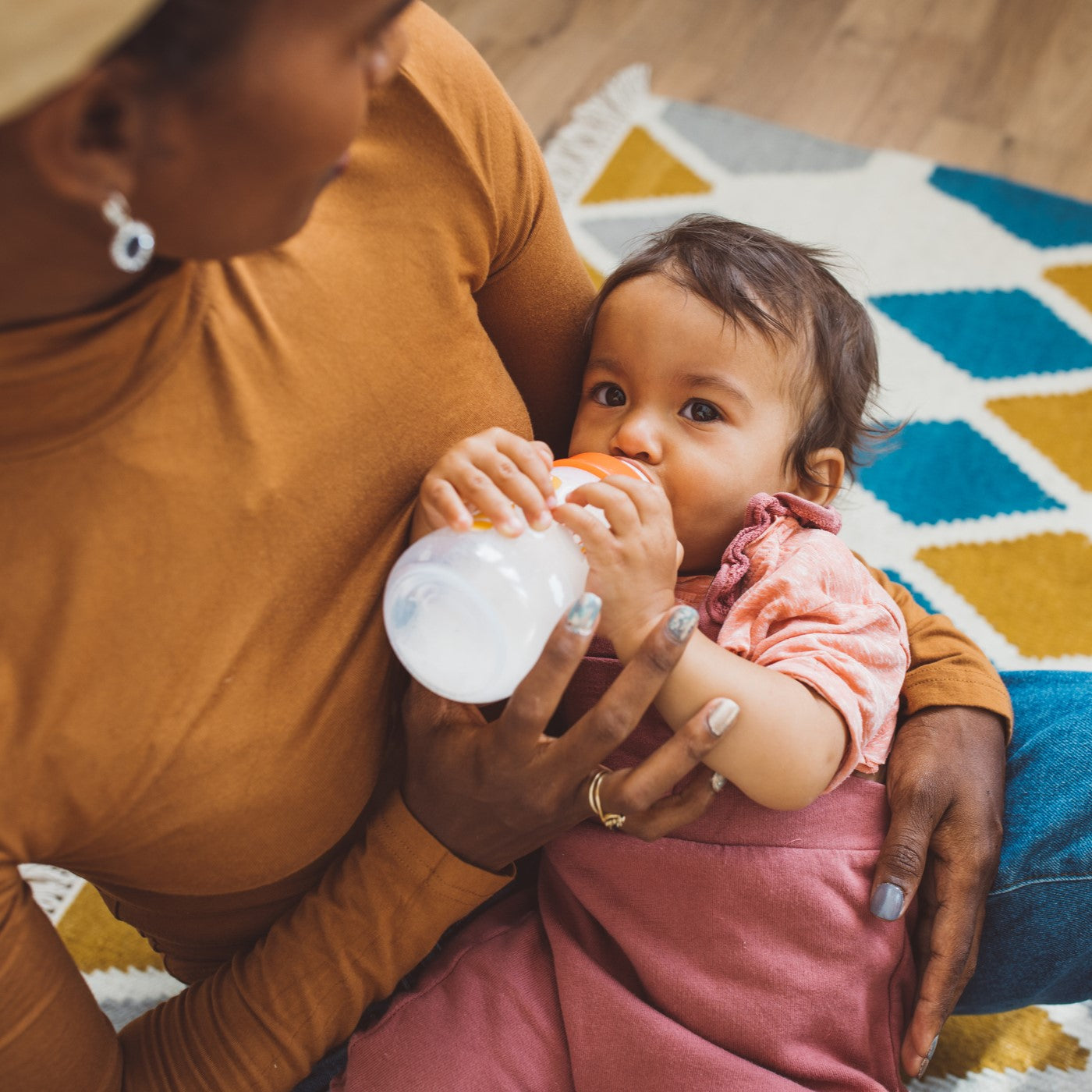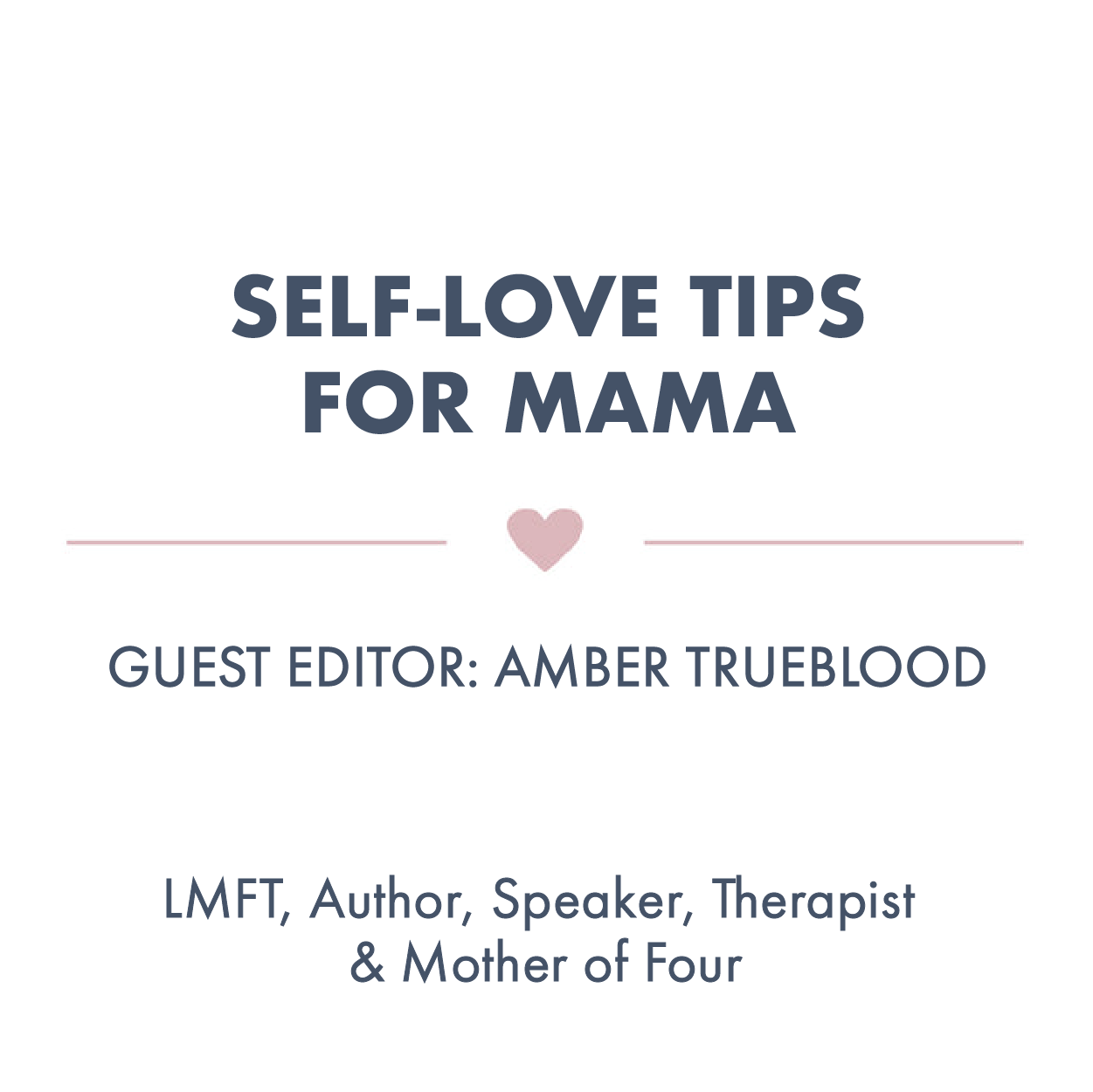
SOS: Dry Skin during Pregnancy? Here’s what will help
Dry skin during pregnancy is so common – and many of us will experience extreme dryness during pregnancy. A lot of us get dry patches. A lot of us get eczema. We're always itchy! It's due to higher hormone levels using up the water in our skin and stealing our natural oil. But it isn’t just the hormones. Our growing baby is also depleting our hydration levels.
This is why you always want to make sure that you're drinking sufficient water, and during pregnancy, you’ll need to up your intake. You also want to avoid hot showers and saunas. Try not to consume salty foods or drink sugary drinks, because those also deplete our body further of water.
And staying hydrated means more than just drinking water. You also want to make sure that you are using skincare products that don't further dry you out. Rather than using a soapy cleanser, you can use a creamy, milky cleanser. Try to avoid stripping your skin with alcohol-based products. If a product leaves your skin feeling tight, that’s a sign you should stop using it when you’re concerned about hydration. I take lukewarm showers, followed by lots of body butters and natural oils. At night, I’ve been sleeping with a warm mist humidifier. I feel like it's replenishing skin moisture throughout the night.
The Best Pregnancy Acne Tips and Tricks
Some women get acne when they're pregnant, and it's also due to those hormonal shifts. During pregnancy, you have fluctuating levels of hormones, and that includes spikes of estrogen and progesterone, and even testosterone. Estrogen is a female hormone that helps to balance our skin. That is why birth control pills are also prescribed for acne – because of the high level of estrogen.
It’s been said that if you’re having a boy, you might experience more breakouts due to the increase in testosterone – but that’s not proven for sure. We do know that pregnant women get acne due to hormonal shifts, regardless of whether you’re having a boy or a girl.
To treat acne during pregnancy, you want to make sure that:

You’re drinking enough water. Water is going to help to flush and regulate the hormones in our body. If your skin is dry, it can produce bad oil, which can worsen or create acne.

You’re not picking! The more you pick, the more you inflame and the more that acne will spread. It can also create post inflammatory pigmentation – not fun.

You’re using probiotics to combat the bacteria on your face.
Now, let’s talk about probiotics. I love to use products that are rich in probiotics. Instead of using products that kill all the bad bacteria on your face and further dry you out, probiotics are good gut bacteria that fight acne without stripping the skin. Swap products with harsh chemicals like benzoyl peroxide or salicylic acid with ones rich in probiotics.
One of my favorite products is by Eminence, and it's their Clear Skin Probiotic Mask. It's really nice because not only does it have good bacteria, it also has an anti-inflammatory and soothing effect.
Another easy substitute is plain full fat Greek yogurt – make sure it's not flavored. Yogurt is rich in probiotics, and it also has lactic acid which helps exfoliate and decongest the skin. It can be used as a mask at home. Simply cleanse your face, or a smaller problematic area, and you can apply the cold mask. Leave it on for 10 minutes, rinse, and pat dry.
Acne is so personal, and my best advice is to keep your treatment simple and safe for you, your skin, and your baby.
Click here to read about some common skincare ingredients to avoid and safe alternatives during pregnancy.
Click here to read about treatment options for scars and stretchmarks during and after pregnancy.
Click here to read how to prevent and treat hyperpigmentation and facial puffiness during pregnancy.
Click here to find the best DIY’s you can add to your skincare routine during pregnancy.






